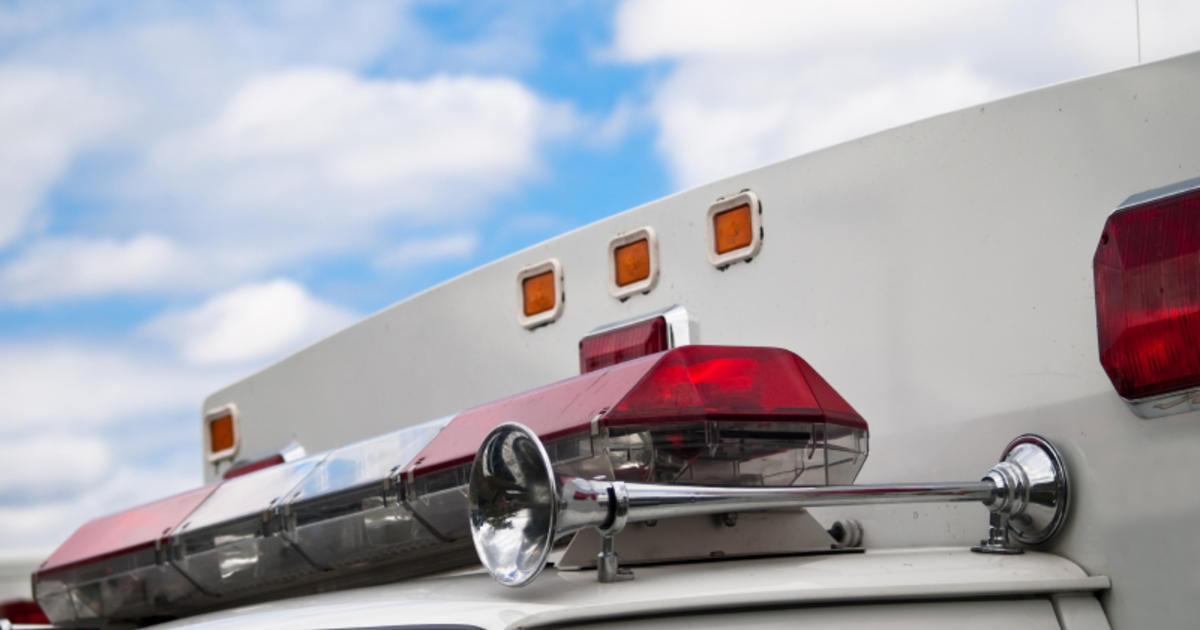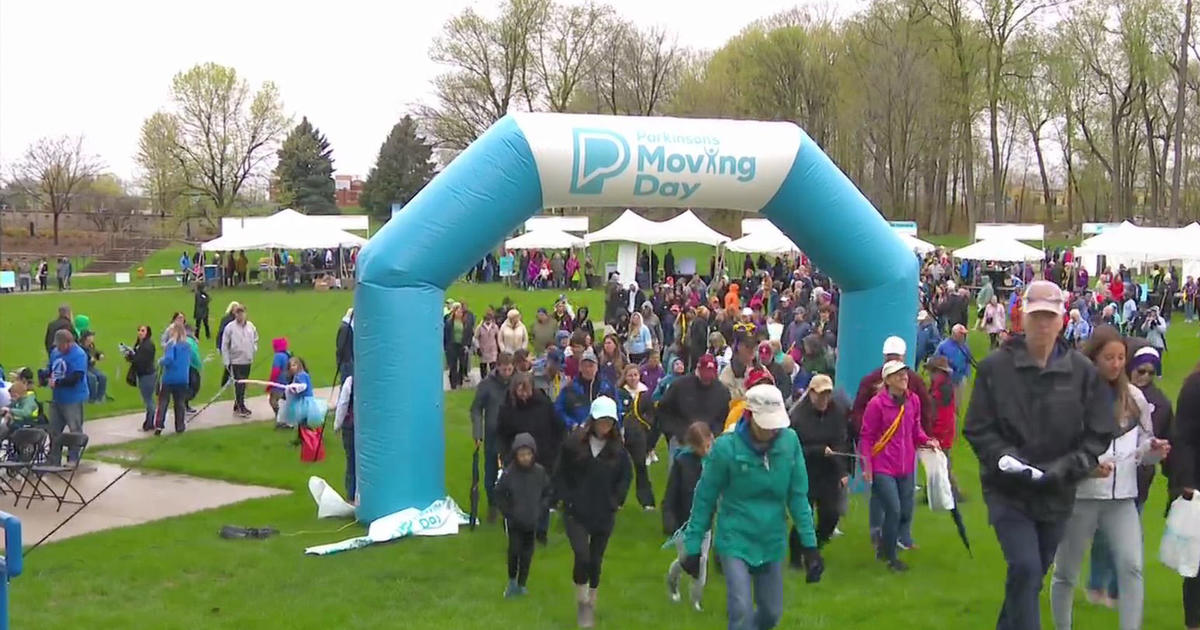Surgery-Free Appendicitis Treatment Growing In Popularity
MINNEAPOLIS (WCCO) - The appendectomy is one of the most common emergency surgeries in the United States. There's a 10 percent chance you will have, or already have had, one.
The 45-minute, low-risk surgery removes the appendix, an extension of the colon that's smaller than a pinky finger. Most people have stomach pain and, once in the ER, an appendectomy is recommended.
But more and more patients are choosing antibiotics over surgery.
You'd likely never have known it from Mike Augustyniak's energy level, but four days after a November newscast, the man we know well for giving us the weather, was under it.
"By morning I knew this was something that is not the normal kind of stomach-upset-illness type of thing," Augustyniak said.
So after calling his mom back home in New York, he headed to the doctor and soon ended up in the ER. A CT scan confirmed that Augustyniak had appendicitis.
"Being the kind of science nerd that I am, and waiting in waiting rooms that day, I had been kind of googling on my phone 'appendicitis symptoms' and had found my way to a few different studies," he said.
He said the studies were based in the United Kingdom.
"In the U.K., the first course of action is not to operate for appendicitis like it is here in the U.S.," Augustyniak said.
After hours of waiting, Augustyniak's pain had suddenly stopped and his appetite had fully returned. So he told the doctor he didn't want an appendectomy.
"Maybe I shouldn't have been this bold with what I wanted them to do for me, but I was," he said.
University of Minnesota surgeon Dr. Michele Loor wasn't Augustyniak's doctor but she knows a lot about appendectomies.
"This hospital, I'd say we encounter it two to three times a week," she said.
She said no one knows what causes appendicitis. It can hit anyone, but most people are in their 20s or 30s, like Augustyniak.
"I think a lot of surgeons feel you might as well just get rid of it and not have to worry about it," Loor said.
She says patients are often good candidates for surgery.
"For the most part it's someone healthy: college students, young adults who really have no medical issues and then all of a sudden develop abdominal pain," she said.
Which for Augustyniak meant fear of the unknown.
"Without a doubt, one of the reasons was I was scared is I live here alone," he said. "My family's not here. They weren't going to be able to get here before the surgery."
Some of Loor's patients have seen the European study saying intravenous antibiotics worked in 70 percent of patients with appendicitis.
She believes in some cases it's the right decision. She's even recommended the approach to a handful of patients.
"It should be an option," she said. "It should be offered to patients who want to hear it and can understand the downsides of just using antibiotics."
The Risks
Loor said even with antibiotic treatment, a dangerous perforation could still occur and sometimes appendectomies catch cancerous tumors. They can be missed without surgery, missing a critical diagnosis.
And without an appendectomy, the patient will always have a risk of another flare-up.
"The straightforward nature of getting your appendix out is something to be weighed against the uncertainty of IV antibiotics at this point," Loor said.
Her hope is that the U.S. will do more research and see just how effective intravenous or oral antibiotics could be.
"I think that's one of the questions that surgeons would like to see answered from these studies," she said. "Which of these patients are going to do well with antibiotics and which aren't?"
Thus far it seems Augustyniak is one of them. After some push and pull with his doctor, he treated his stomach pains with a 10-day antibiotic treatment, and he says he is still tummy ache-free."
Six months later, it seems he may have beaten appendicitis without a scar to prove it.
Augustyniak -- and other patients who choose the antibiotic route -- must monitor his symptoms and go back in if they return.
Since appendicitis is unexpected, you may want to do your research while you're healthy.
Take a look at this National Institutes of Health study, or purchase it here.



